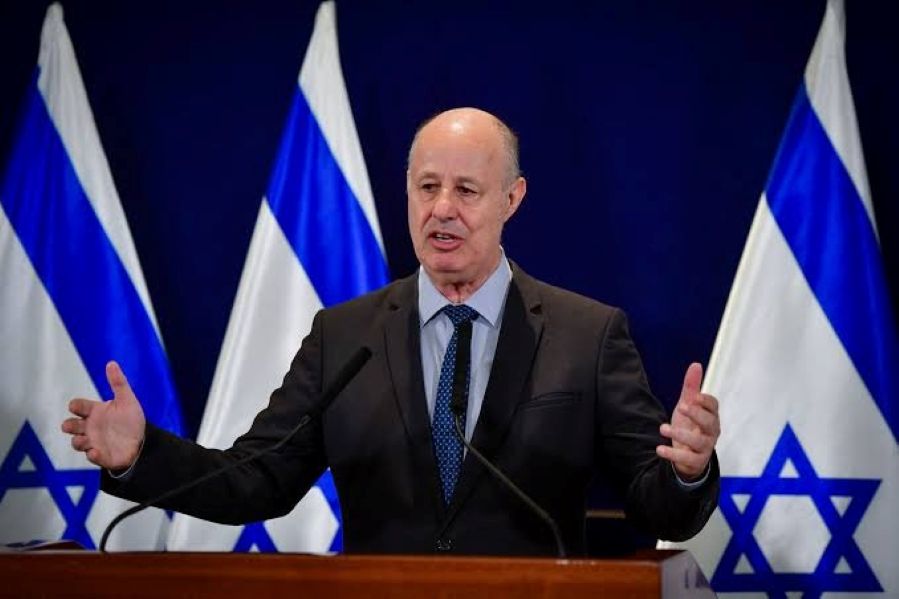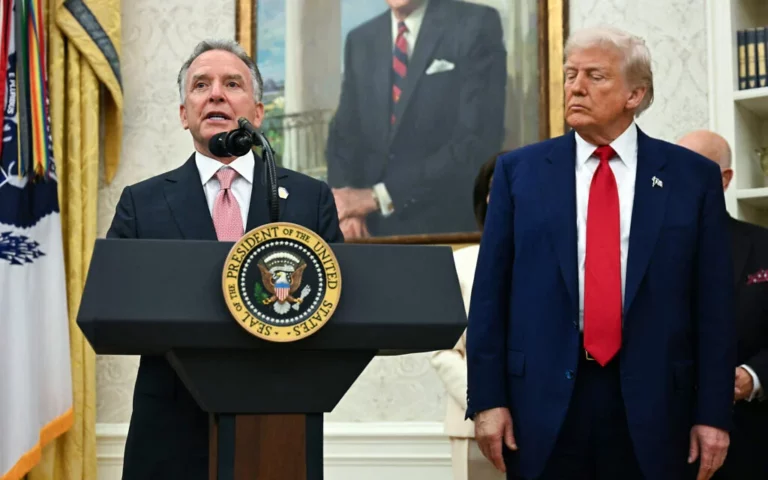Prime Minister Binyamin Netanyahu has decided to replace National Security Adviser Tzachi Hanegbi, according to a statement Hanegbi published on Tuesday.
The announcement comes after reports of several disagreements between the two, with sources saying that Hanegbi was in favor of a “weak” military policy. Hanegbi opposed the launch of Operation Gideon Chariots II in Gaza, contrary to the majority opinion in the cabinet, as well as the attack in Doha last month.
According to Hebrew reports, senior sources familiar with the details said that there was increasing tension between Netanyahu and Hanegbi. “It had been in the air for months, and everyone estimated that the explosion was only a matter of time,” they said. The sources added that frequent disputes erupted between the two during cabinet meetings. “In many cases, Hanegbi did not align with the prime minister’s positions,” they noted, and made clear that the disagreement intensified particularly during Operation Gideon Chariots II and over the hostage deal.
Due to the tension between them, Hanegbi did not join Netanyahu on his visit to the US last month.
Hanegbi wrote that “in light of the prime minister’s intention to appoint a new head of the National Security Council, I will end my tenure as National Security Adviser and head of the NSC effective immediately.
“I thanked the prime minister for the privilege of taking part in shaping Israel’s foreign and security policy during challenging years, for the opportunity to express an independent position in sensitive discussions, and for the professional dialogue we maintained even during disagreements.”
“The multi-front war imposed on us on October 7, 2023, has not ended. Our soldiers remain on guard on multiple fronts, and the mission to bring all our hostages home is not yet complete. The obligation to ensure—through diplomatic or military means—that the terrorist organizations in Gaza are removed from power and disarmed, and that Gaza no longer poses a threat to Israel, has also not yet been fulfilled. The challenges in the diplomatic and international arenas remain demanding, and require Israeli initiative, wisdom, determination, and responsibility.”
“The terrible failure of October 7, in which I share responsibility, must be thoroughly investigated to ensure the proper lessons are learned and to help restore the trust that has been damaged. The many military and diplomatic achievements attained during the campaign must be preserved and strengthened.
“We must all remain committed and attentive to the needs of those who paid the highest price: the bereaved families and the war’s wounded—both in body and soul. Above all, we must work to heal the wounds within Israeli society and strengthen our unity. The power of Israeli unity revealed itself over the past two years in full force on the battlefield, shattering our enemies’ illusions. Now, restoring unity across all aspects of public life is essential to ensuring Israel’s enduring strength,” he concluded.
(YWN Israel Desk—Jerusalem)











